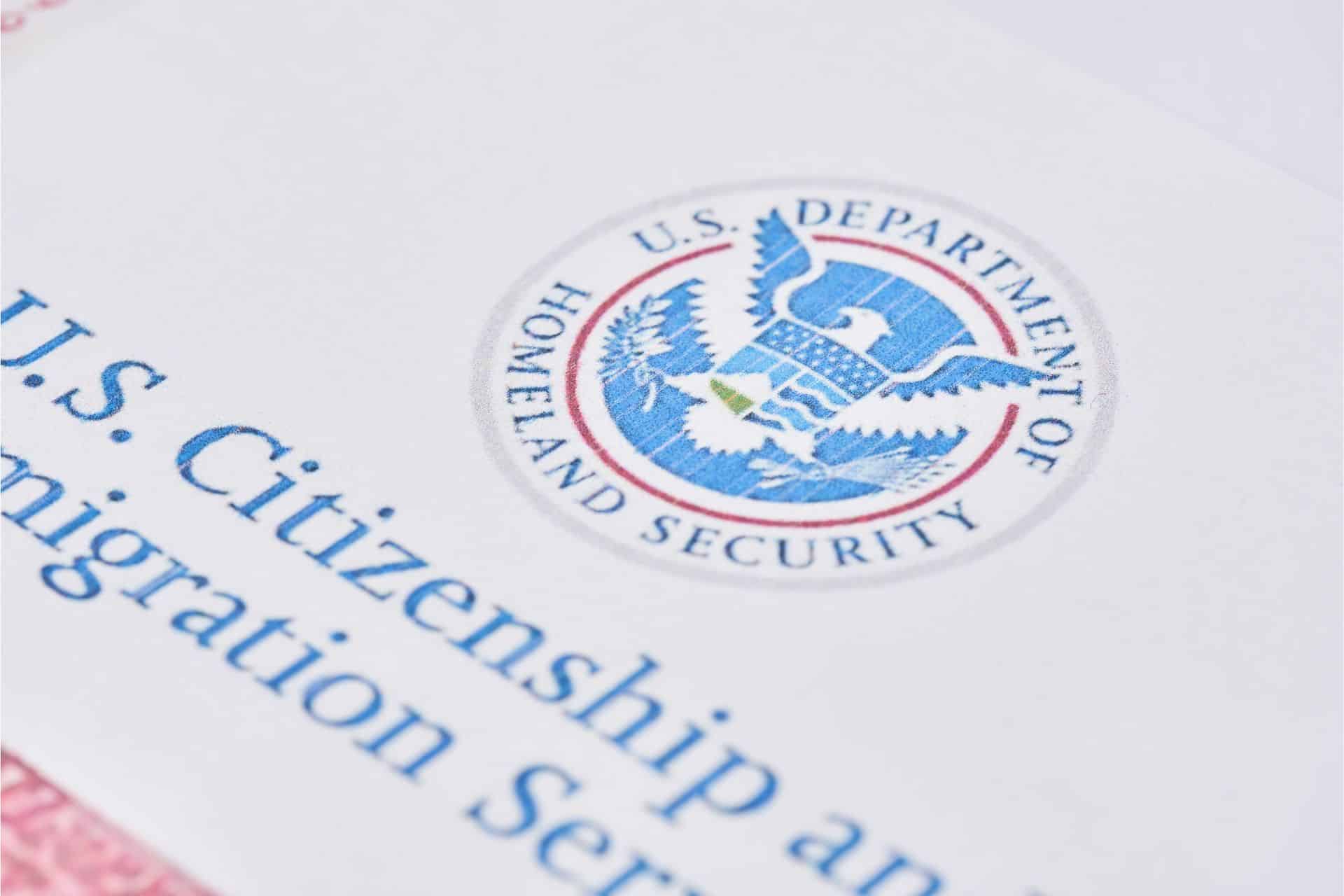Several months ago, Texas and 20 other states filed a lawsuit to halt the Biden Administration’s use of parole. The expanded parole program, announced in January, included Ukrainians and Venezuelan nationals, as well as Haitian, Nicaraguan, and Cuban nationals. The goal in expanding the parole program is to reduce the number of migrants at the U.S. border. The majority of migrants at the southern border come from the aforementioned countries.
Under the new policy, any US citizen or permanent resident can choose to support a national from the countries mentioned above through a sponsorship program. Upon approval of the sponsor, U.S. Citizenship and Immigration Services (USCIS) and Customs and Border Patrol (CBP) conduct a background check on the foreign national. If approved, the individual can then fly to the US within 90 days. At that time, they will either be granted parole for up to two years or denied parole by CBP. Nationals granted parole are eligible to apply for an Employment Authorization Document (EAD) for the duration of their parole.
The State of Texas and the other states sought a preliminary injunction to stop the program while the lawsuit is resolved. The states argue that the government is exceeding its parole power. The arguments, expected to be heard by the court this month, have been delayed due to a group of US citizens filing a motion to intervene at the end of March. The group of US citizens are in support of the parole program.
The group’s motion was granted by the judge because the citizens are participants in the parole program and had an interest in the lawsuit that the government did not represent. For the time being, the parole program remains operational, and the case is ongoing.
We continue to monitor the lawsuit’s impact on parole and other immigration policies and proposals. If you have questions about the parole program or any other immigration-related issue, please contact us at ILBSG.

